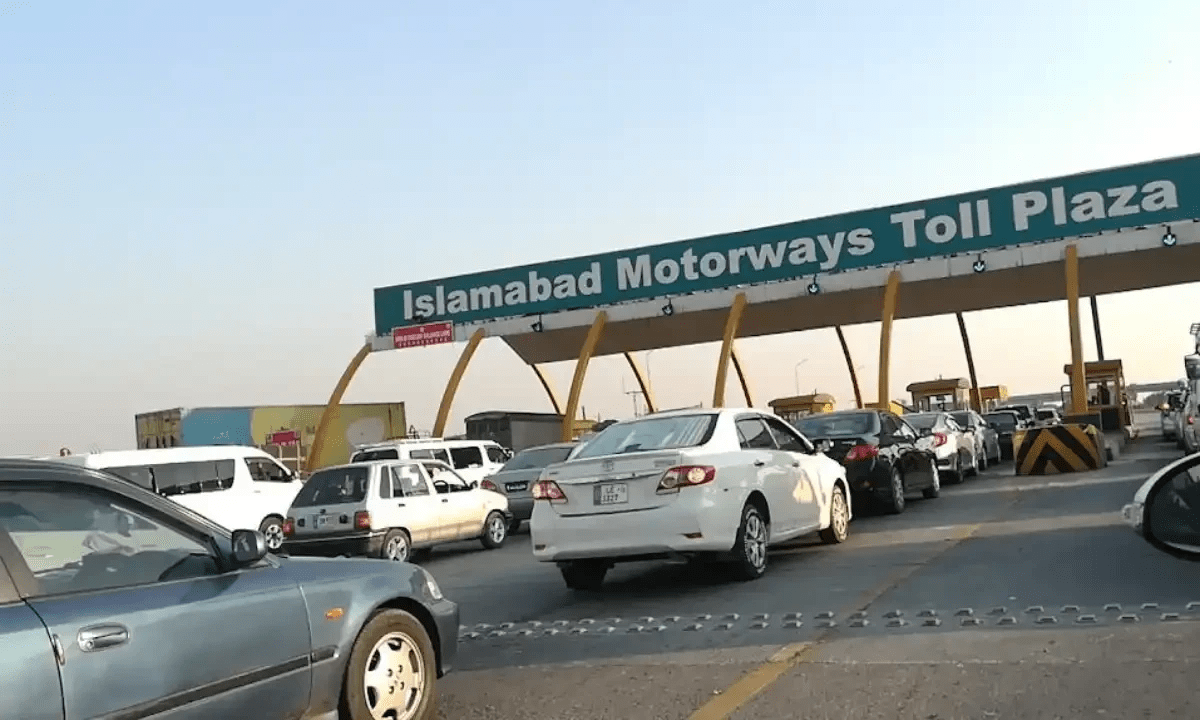Toll Hike
ISLAMABAD: The National Highway Authority (NHA) has announced a revised toll structure for national highways and motorways across Pakistan, which will take effect from April 1.
The decision, aimed at generating additional revenue for infrastructure maintenance and development, will impact motorists traveling on major highways and motorways nationwide.
According to an official notification issued by the NHA, the new toll rates have been adjusted for various types of vehicles. Private cars traveling on national highways will now be required to pay Rs70, while vans will be charged Rs150.
Buses, which cater to a large number of intercity travelers, will now face a toll of Rs250. For cargo transporters, two and three-axle trucks will be charged Rs300, whereas larger trucks will have to pay Rs550 starting next month.
The updated toll rates apply to multiple key motorways, including M1 (Islamabad-Peshawar), M3 (Lahore-Abdul Hakeem), M4 (Pindi Bhattian-Faisalabad-Multan), M5 (Multan-Sukkur), M14 (Dera Ismail Khan-Hakla), and E35 (Hasan Abdal-Havelian-Mansehra). These changes will result in an increase in travel expenses for commuters and commercial transporters alike.
For car owners, the toll on the M1 Islamabad-Peshawar Motorway has been increased from Rs500 to Rs550, reflecting a Rs50 hike. Similarly, on the M3 Lahore-Abdul Hakeem Motorway, the toll has risen from Rs700 to Rs800.
Meanwhile, the M4 Pindi Bhattian-Faisalabad-Multan Motorway now charges Rs1,050 for cars, compared to the previous Rs950.
The M5 Multan-Sukkur Motorway toll has gone up from Rs1,100 to Rs1,200, adding to the cost of long-distance travel. On the M14 Dera Ismail Khan-Hakla Motorway, car toll rates have increased from Rs600 to Rs650.
Additionally, for those using the E35 Hasan Abdal-Havelian-Mansehra route, the new toll is set at Rs300 for cars, up from Rs250.
For larger vehicles such as buses and heavy trucks, the toll increases vary significantly, with new rates now ranging between Rs850 and Rs5,750, depending on the type of vehicle and the distance traveled.
The latest revision in toll charges is expected to impact both passenger and freight transport, potentially leading to increased travel costs and higher prices for goods transported via these major routes.
While the NHA justifies the move as necessary for maintaining and expanding the country’s road network, it remains to be seen how transporters, commuters, and businesses respond to the new toll rates in the coming weeks.










